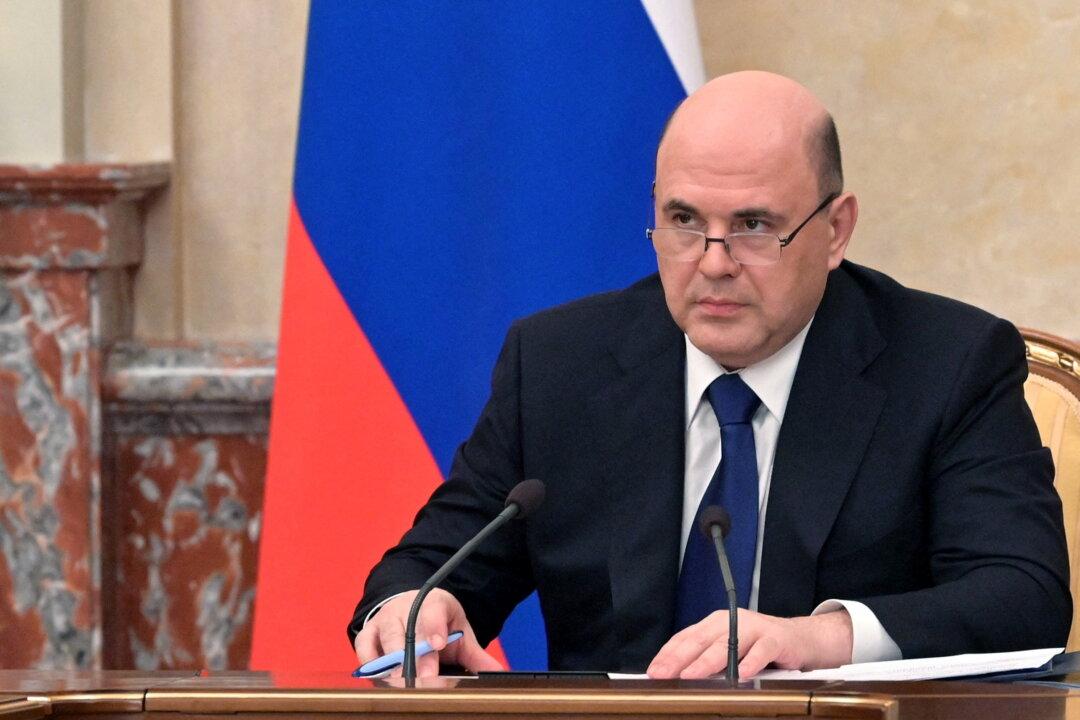During a one-day visit to Tehran, Russian Prime Minister Mikhail Mishustin called for stepped-up relations between his country and Iran, which Moscow regards as a “strategic partner.”
“Russia is genuinely interested in bringing cooperation to a higher level,” Mishustin said during talks with Iranian Vice President Mohammad Reza Aref on Sept. 30.





